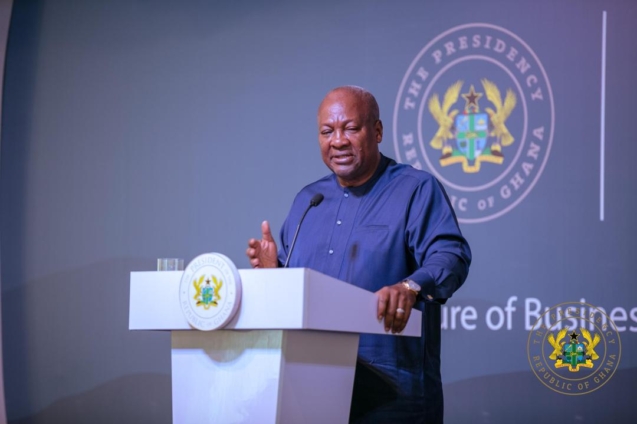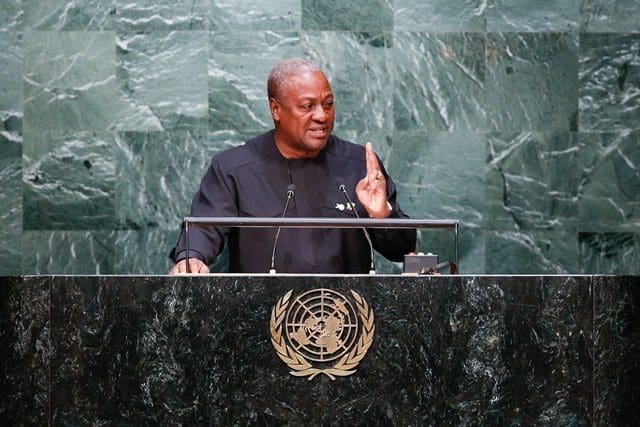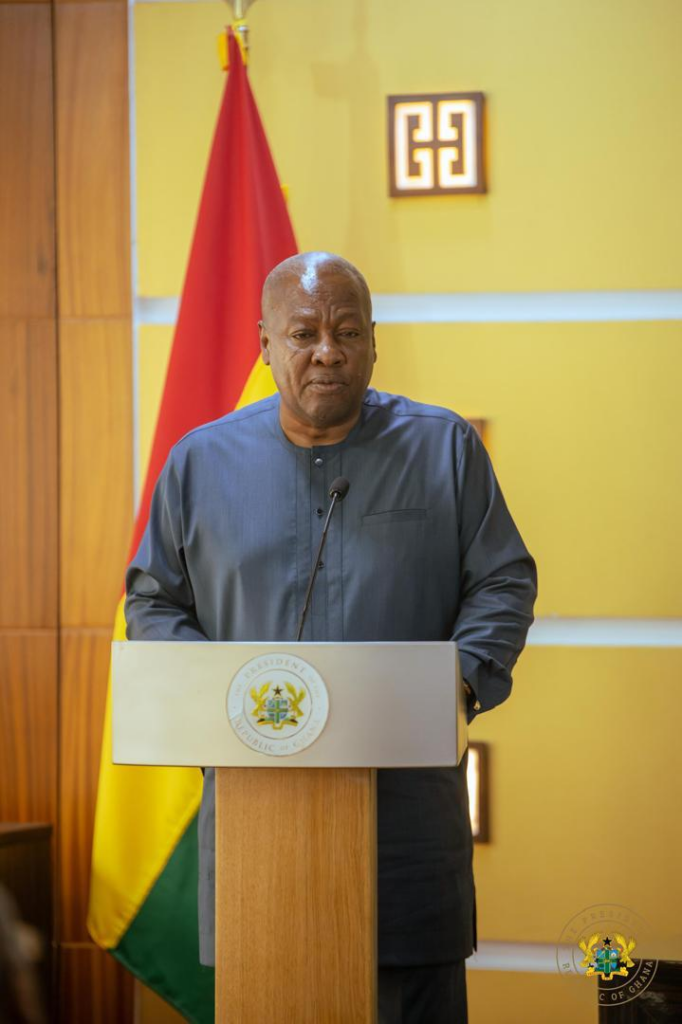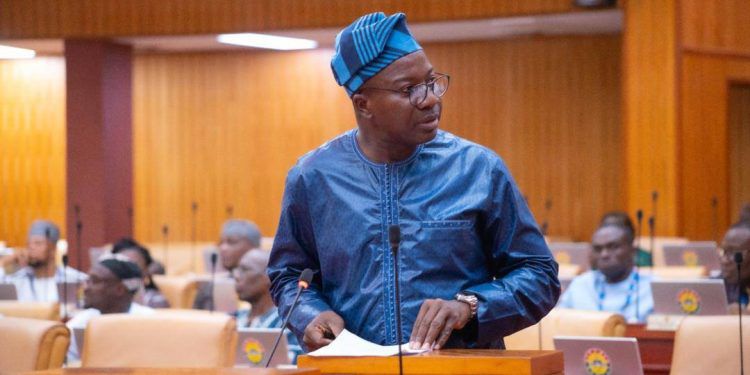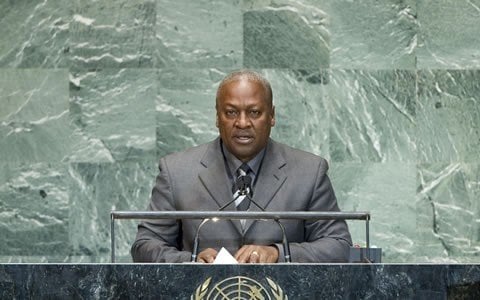President John Dramani Mahama announced Thursday that the country will halt its longstanding practice of spending more than $15 million annually to rent properties for its diplomatic missions abroad, calling the expenditure “wasteful and unsustainable.”
Speaking at a ceremony to swear in newly appointed ambassadors and envoys, Mr. Mahama said the move is part of the government’s broader Reset Agenda, aimed at curbing inefficiencies and improving fiscal discipline. The new policy framework—dubbed the Strategic Transition from Rental to Developing (STRIDE)—has been approved by Cabinet and is set to overhaul the country's foreign mission infrastructure.
“Ghana cannot continue spending more than $15 million every year on renting properties abroad for our diplomatic use,” the president said. “This is not a judicious use of taxpayers’ resources, and the Reset Agenda is an immediate reversal of this trend.”
Under the STRIDE policy, Ghana will transition from leasing foreign properties to owning its diplomatic buildings. The initiative is expected to cut long-term costs and strengthen the country's global presence through permanent state-owned properties.
Mr. Mahama said transaction advisors have already been appointed and that work is underway to standardize the development model for the new properties. Funding mechanisms are currently being negotiated, he added, though no further financial details were disclosed.
“This shift will ensure that our missions abroad are housed in proper homes owned by the Republic,” he said. “It’s a step toward reducing wasteful expenditure while safeguarding Ghana’s dignity on the international stage.”
The Ministers for Foreign Affairs and Finance have been directed to expedite implementation of the policy.
Ghana operates dozens of diplomatic missions around the world, most of which are housed in leased properties—an arrangement that has drawn criticism from fiscal conservatives in recent years.
The STRIDE policy marks a significant departure from past practice and is being positioned as a cornerstone of the government’s cost-cutting and modernization agenda.



